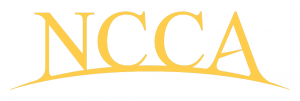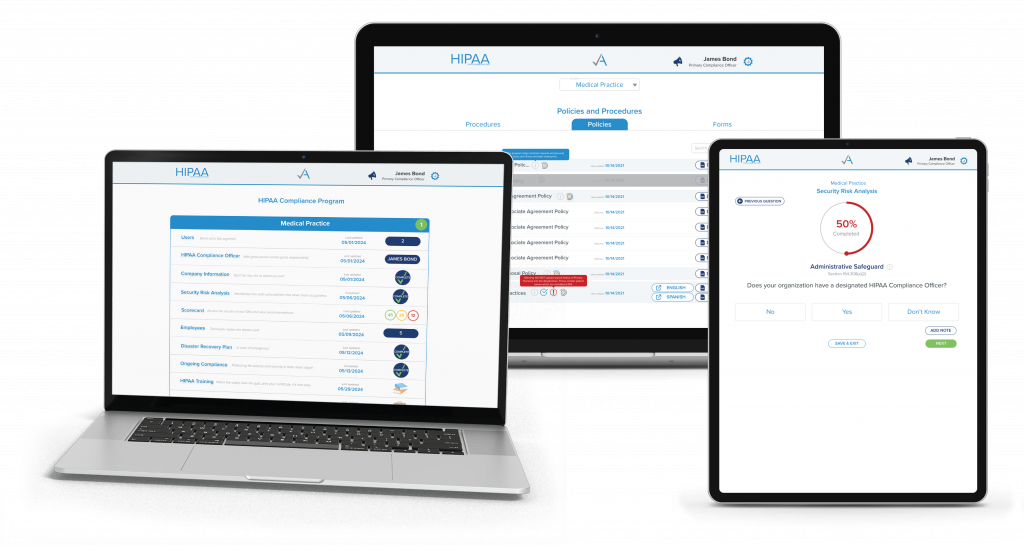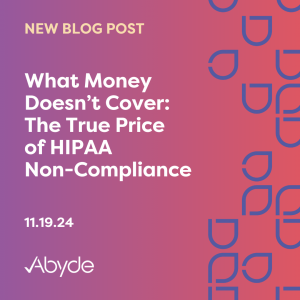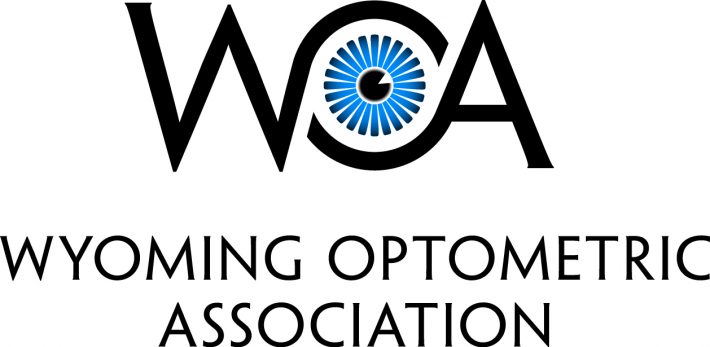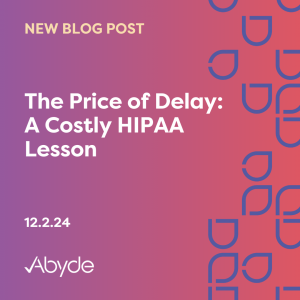
The Price of Delay: A Costly HIPAA Lesson
December 2, 2024 Over a million dollars in HIPAA fines have been levied in the past few months, and like this winter’s snow, the fines continue to pile up, with a $100,000 fine recently announced. Last week, Rio Hondo Community Mental Health Center, an outpatient program managed by the Los Angeles Department of Health, was fined for a Right of Access violation. This marks the 51st enforcement of the Right of Access rule, highlighting the importance of handling patient records in a timely manner. What Happened? A patient requested a copy of their records on March 18, 2020. As we all know, March 2020 was marked by the beginning of the unprecedented COVID-19 virus, which led to the mental health center’s closure after the Governor of California put into action a “stay-at-home” order. However, the center reopened at the beginning of May 2020, allowing some staff to return to the facility. While the patient was told her records would be ready at this time, she was misinformed and began the summer with a flurry of calls and other forms of contact to request her medical records. After her requests were unfulfilled several times, the patient filed a complaint with the Office for Civil Rights (OCR) at the end of August 2020. The OCR then began investigating the Rio Hondo at the beginning of October. The medical records were finally sent on October 20, 2020, 216 days after the first request. The Right of Access rule requires Covered Entities to provide patients with their medical records within 30 days of the initial request. While the medical center was under a “stay-at-home” order during those 30 days, this was still significantly longer than the extension period of an additional 30 days and could have been handled when it was first deemed safe for staff to return to the medical center. This fine comes after a series of Right of Access fines, including another significant fine of $70,000 imposed at the end of October. The numerous fines issued this past year regarding the Right of Access initiative demonstrate the government’s commitment to this important aspect of patients’ rights. Protect Your Practice from Costly Mistakes Even during the peak of the global health crisis, HIPAA regulations stayed in effect. Implementing software solutions can help safeguard your practice. To ensure your staff remains compliant, it is highly recommended to use automated software that keeps you and your team in check, regardless of the circumstances. Schedule a consultation today to learn more about automated compliance for your practice.
